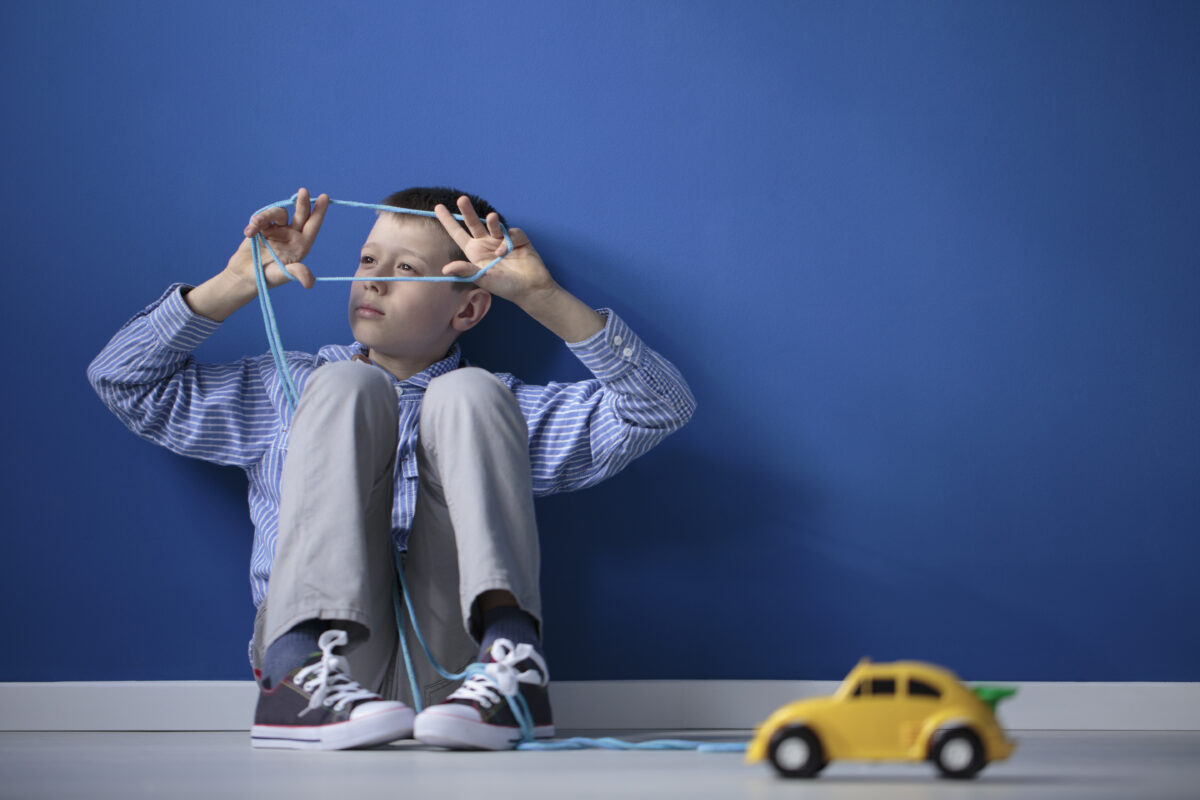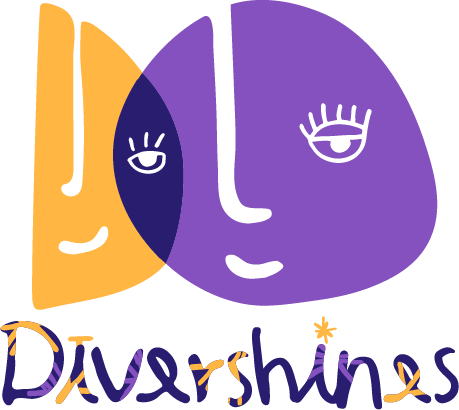Characteristic Symptoms of Autism

Common Signs of Autism
Autism is a neurological and developmental condition that manifests in various ways. Since it is not a disease but a spectrum that accompanies a person throughout their life, we can refer to signals or signs instead of symptoms. Although each individual with autism is unique, there are common manifestations or patterns that can help identify the condition.
If you or a family member exhibits the following signs, consult your trusted doctor to be referred to the appropriate healthcare professionals for an evaluation.
Difficulties in Communication and Social Interaction
Individuals with autism often face challenges in verbal and non-verbal communication. This may include speech development delays, difficulties in maintaining conversations, or limited use of gestures and facial expressions.
In terms of social interaction, they may show reduced interest in sharing experiences or emotions with others and may struggle to understand and respond to social cues.

Repetitive Behaviors and Strict Routines
Some people on the spectrum display repetitive behaviors or stereotypies, such as rocking, hand-flapping, or repeating words and phrases (echolalia). These behaviors serve as a form of self-regulation or a response to anxiety.
Additionally, they may strongly prefer strict routines and schedules, experiencing significant distress with minor changes in their environment or daily routine.
Restricted Interests
Individuals with autism often develop intense and highly focused interests in specific topics or activities. These interests may be unusual in their intensity or focus.
While some may have a broad range of interests, others may intensely focus on a few or even just one.

Sensory Sensitivity
People with autism may experience unusual sensitivity to sensory stimuli. This can include aversion or attraction to certain sounds, lights, textures, or flavors.
These sensory sensitivities can significantly impact daily life, influencing food choices, clothing preferences, and activities.
Uneven Skill Development
Uneven skill development is often observed in individuals with autism. For example, they may have advanced skills in areas such as memory, music, or mathematics, while facing challenges in other areas like language or social skills.
Every person with autism is unique, and at Divershines, we are committed to providing reliable information and useful resources to support individuals on the spectrum and their families. For more information, visit our autism resources section at Divershines Autism Resources.


